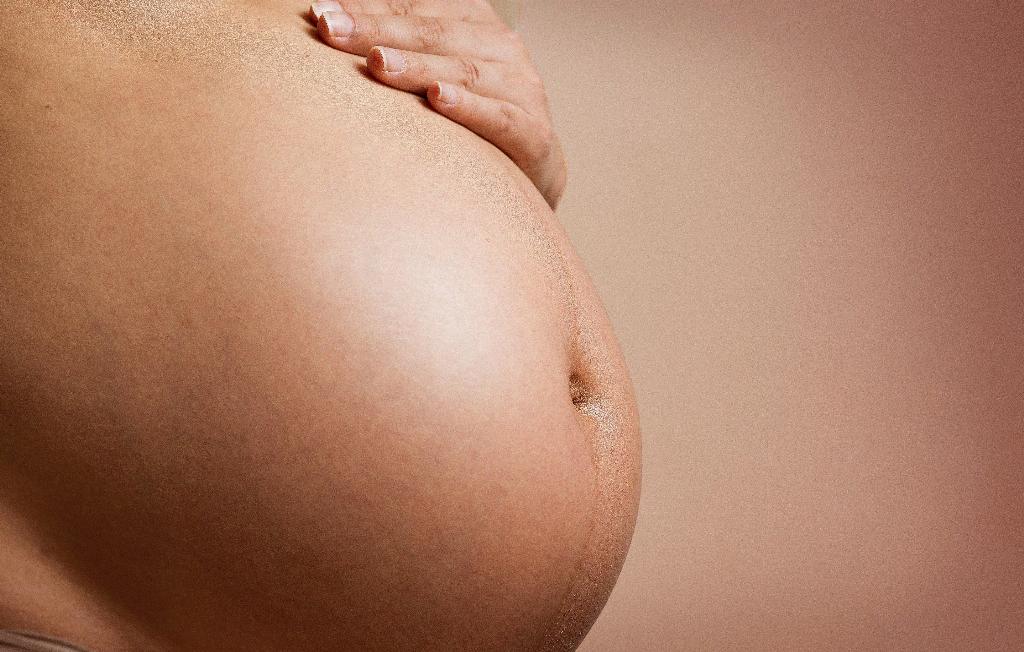High blood pressure during pregnancy, also known as hypertension, is a condition that can have serious implications for both the mother and the baby. It is important to understand what is considered high blood pressure during pregnancy and how it is diagnosed.
Diagnosis of High Blood Pressure in Pregnancy
In pregnancy, hypertension is diagnosed when a pregnant individual has consistently high blood pressure readings. The threshold for diagnosing high blood pressure during pregnancy is a reading of 140/90 or higher on two separate occasions.
Types of High Blood Pressure in Pregnancy
There are two main types of high blood pressure that can occur during pregnancy: mild high blood pressure and severe high blood pressure. Mild high blood pressure is defined as readings of 140/90 or higher, while severe high blood pressure is characterized by readings over 160/110.
Risk Factors for High Blood Pressure During Pregnancy
Several factors can increase the risk of developing high blood pressure during pregnancy. These include obesity, a history of high blood pressure, diabetes, and carrying multiple babies.
Complications of High Blood Pressure During Pregnancy
High blood pressure during pregnancy can lead to complications such as preeclampsia, which is a serious condition that can affect both the mother and the baby. It can also increase the risk of preterm birth and low birth weight.
Monitoring and Management of High Blood Pressure During Pregnancy
It is essential for pregnant individuals with high blood pressure to receive regular monitoring and medical care to manage their condition. This may involve lifestyle changes, medication, and close monitoring of blood pressure levels.
Prevention of High Blood Pressure During Pregnancy
While some risk factors for high blood pressure during pregnancy cannot be controlled, such as a family history of hypertension, there are steps that pregnant individuals can take to reduce their risk. These include maintaining a healthy weight, staying active, and following a healthy diet.
Importance of Prenatal Care in Managing High Blood Pressure
Prenatal care plays a crucial role in managing high blood pressure during pregnancy. Regular check-ups with healthcare providers can help monitor blood pressure levels, identify any issues early on, and ensure the well-being of both the mother and the baby.
Consulting a Healthcare Provider for High Blood Pressure Concerns
If you have any concerns about high blood pressure during pregnancy, it is important to consult your healthcare provider. They can provide guidance, support, and personalized care to help manage your condition effectively.
Conclusion
In conclusion, high blood pressure during pregnancy is a serious condition that requires careful monitoring and management. By understanding what is considered high blood pressure during pregnancy, recognizing risk factors, and seeking medical care when needed, pregnant individuals can take proactive steps to safeguard their health and the health of their baby.

